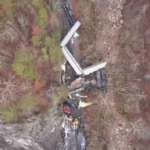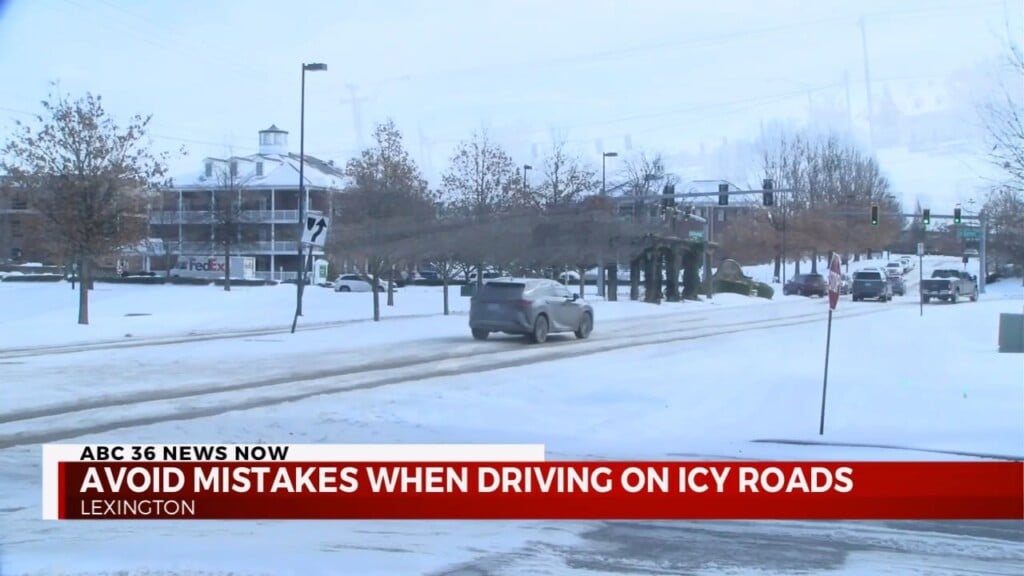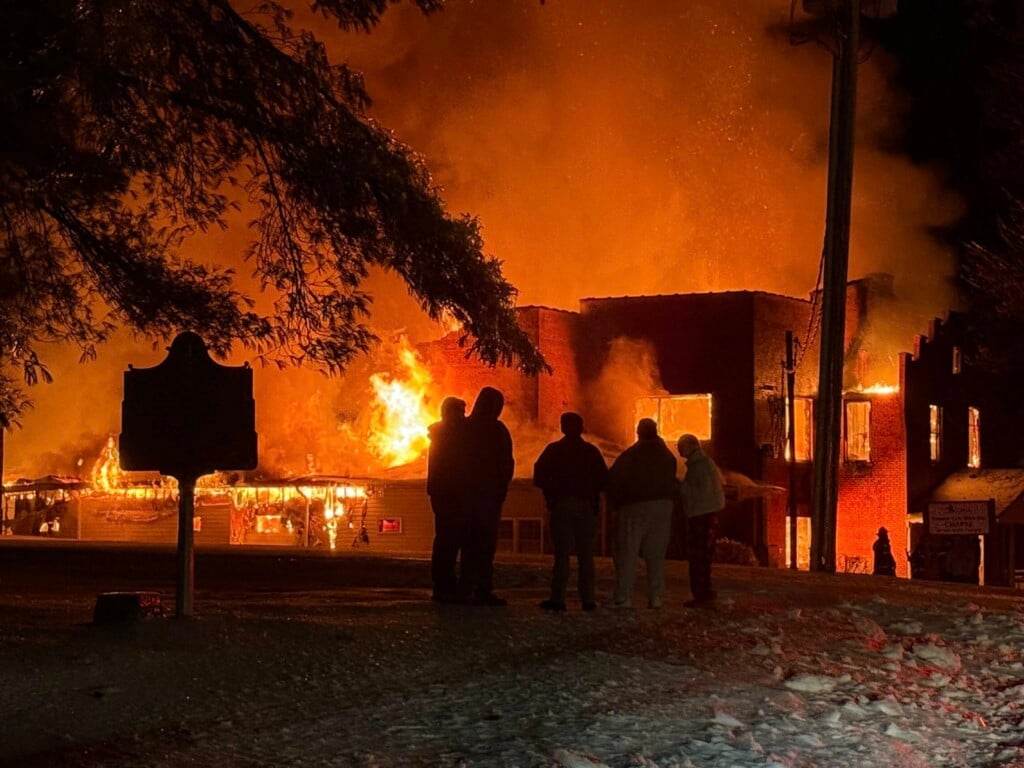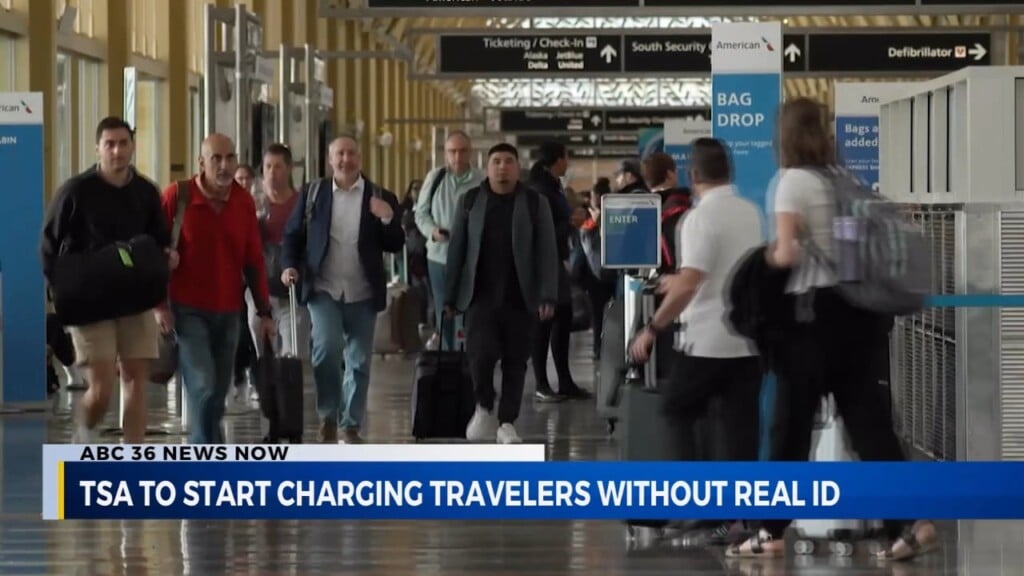Railroad expert explains protocols following Rockcastle County derailment

LIVINGSTON, Ky (WTVQ)- ABC 36 is getting a first-hand look of the wreckage following Wednesday night’s train derailment in Rockcastle County.
The derailment causing a molten sulfur leak that evacuated hundreds of people in the Livingston area.
CSX announcing Friday teams have begun to remove the 16 rail cars from the site.
“Unfortunately we had a chemical release that resulted in fire. And its a health situation, its a safety situation,” says Michael Callanan, a former CSX conductor.
Callanan is consults with lawyers about railroad injuries. He expects a long and thorough investigation into the cause of this accident.
“They’re gonna look at everything. But what it boils down to is safety. The track conditions and inspections are going to come into play. When did they last do it? When did they last inspect that piece of track?” says Callanan.
Callanan says investigators will also look at the train cars themselves- and see if any crew members may have been at fault.
He adds that there are protocols set in place to help prevent accidents.
“Right now, primarily its switches and signals. If they go through a switch that is misillined or through a red signal, they can detect that and stop the train. And with speeds, say this was an over speed, and that’s what caused the derailment, the PTC can actually slow the train down and bring it to a complete stop,” says Callanan.
While the cause of this accident remains under investigation, Callanan believes railroad leaders should look into *more* preventive safety measures.
“It doesn’t affect just the train crew. It affects where they have the accident and the community. Look at Ohio. And they had to evacuate the town in this one. Molten sulfur causes health issues,” says Callanan.
CSX says they will continue to monitor both air and water quality until all of the cars and material has been removed from the derailment site. The company says it is still supplying food, lodging and other necessities to affected community members.
Concerned residents can call CSX for information at 1-800-805-9840.



